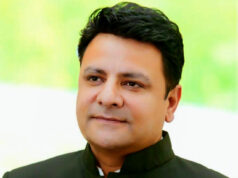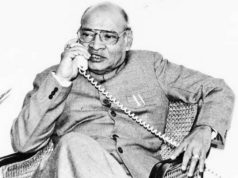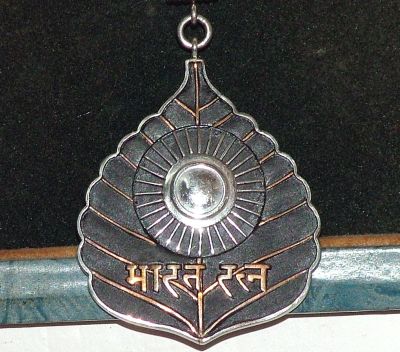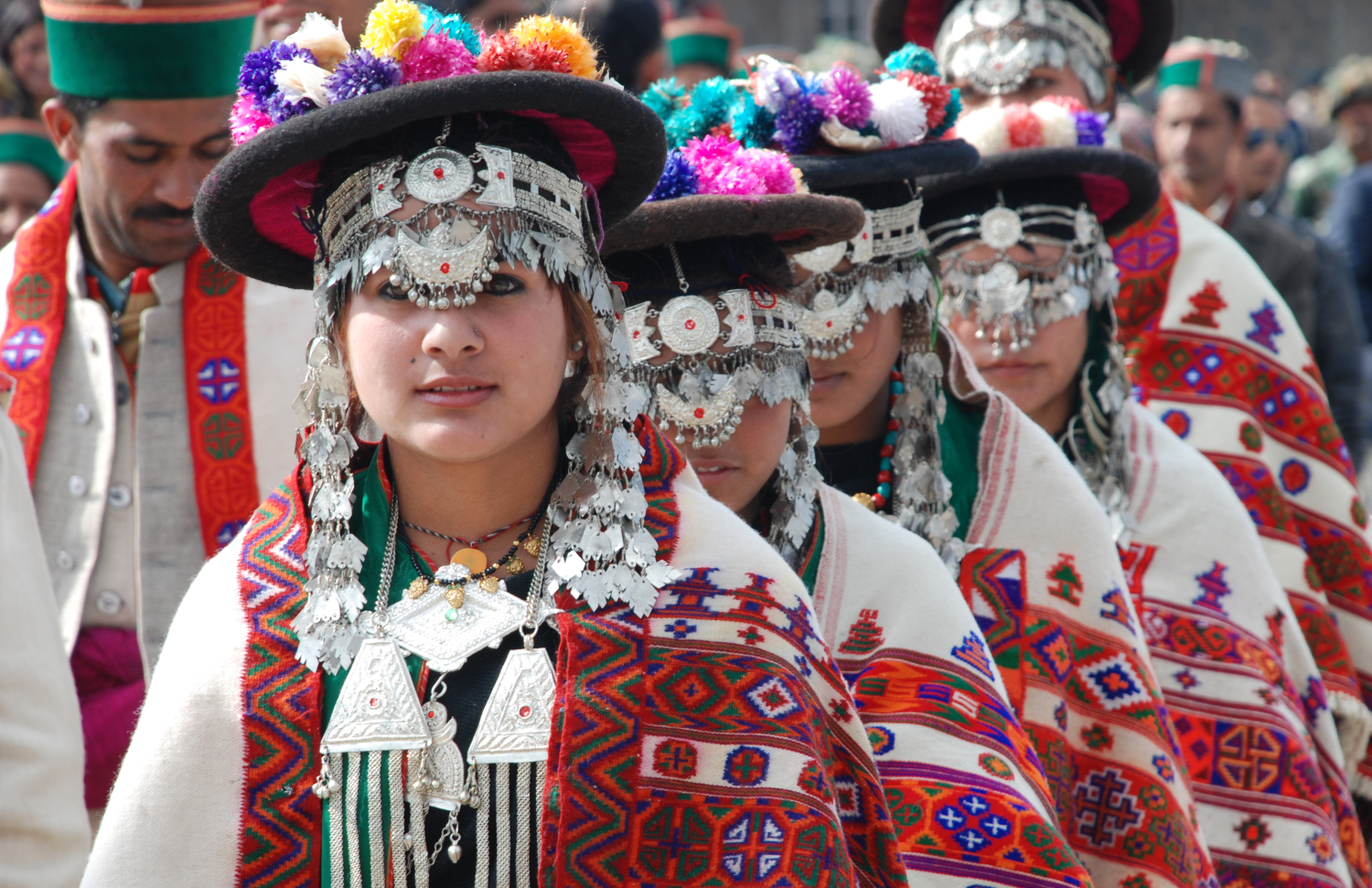Today marks the 100th birth anniversary of former Prime Minister P. V. Narasimha Rao, the true Bharat Ratna who transformed the Indian economy when it was in shambles. It’s surprising that despite being one of the most defining PM of the country, he still hasn’t been conferred with Bharat Ratna, the highest civilian award of the country.
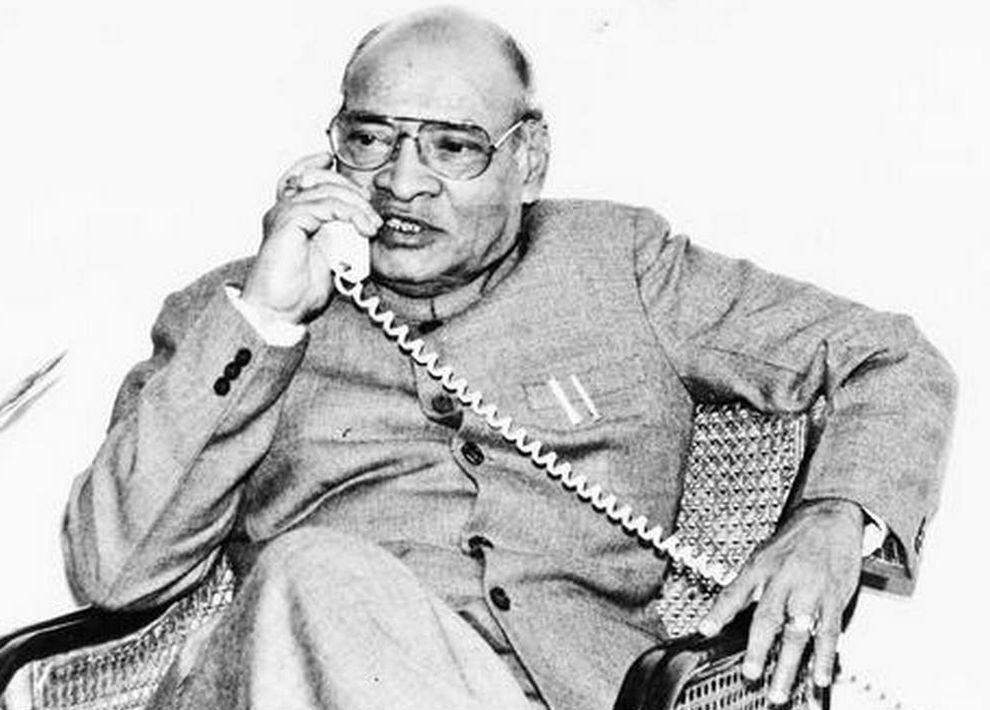
The ongoing economic crisis that has arised due to the pandemic have reminded the dark days of economic crisis that India faced during the early 90s. Many pundits believe that India needs liberalisation 2.0 to come out of this crisis.
It was June 28, 1921, when former Prime Minister P.V Narasimha Rao, who changed the course of Indian economy, was born. From 1991 to 1996, India witnessed many economic developments under his leadership due to which he was named as the Father of economic reforms in India.
The early nineties were a strange time for India. At that time, the country was going through a deep economic crisis and the assassination of then PM Rajiv Gandhi made matter worse.
P.V. Narasimha Rao who had retired from active politics in 1991 had to come out of retirement after the untimely demise of Rajiv Gandhi’s.
In the 1991 general elections, Congress formed a minority government with support of other parties and Rao was soon sworn in as the new PM of the country. He became the first South Indian to become the PM of India.
Though, becoming the PM out of the blue, he changed the course of the country and paved a way for India to become one of fastest growing economies in the world.
His goals were to increase investments in infrastructures, privatising the public sector and to reduce fiscal deficit. He appointed Manmohan Singh as the Financial Minister who later on went on to become the PM of the country for two terms.
The 1991 economic liberalisation of India went on to become the most important step in the economic growth of the country.
It was during Rao’s tenure that license Raj was abolished. His government had introduced trade reforms and made changes in the regulation of foreign direct investment. This helped in opening India to foreign trade. He made Indian economy more market and service oriented. Import tariffs were reduced, markets were deregulated and taxes were reduced. As a result, India witnessed high economic growth and increase in foreign investment in the 1990s.
Rao further launched reforms in the agriculture sector and also removed restrictions on the transportation of food grains.
Due to his enormous contributions to transform the country, many leaders have been demanded to confer Rao with Bharat Ratna for his contributions to the country.


